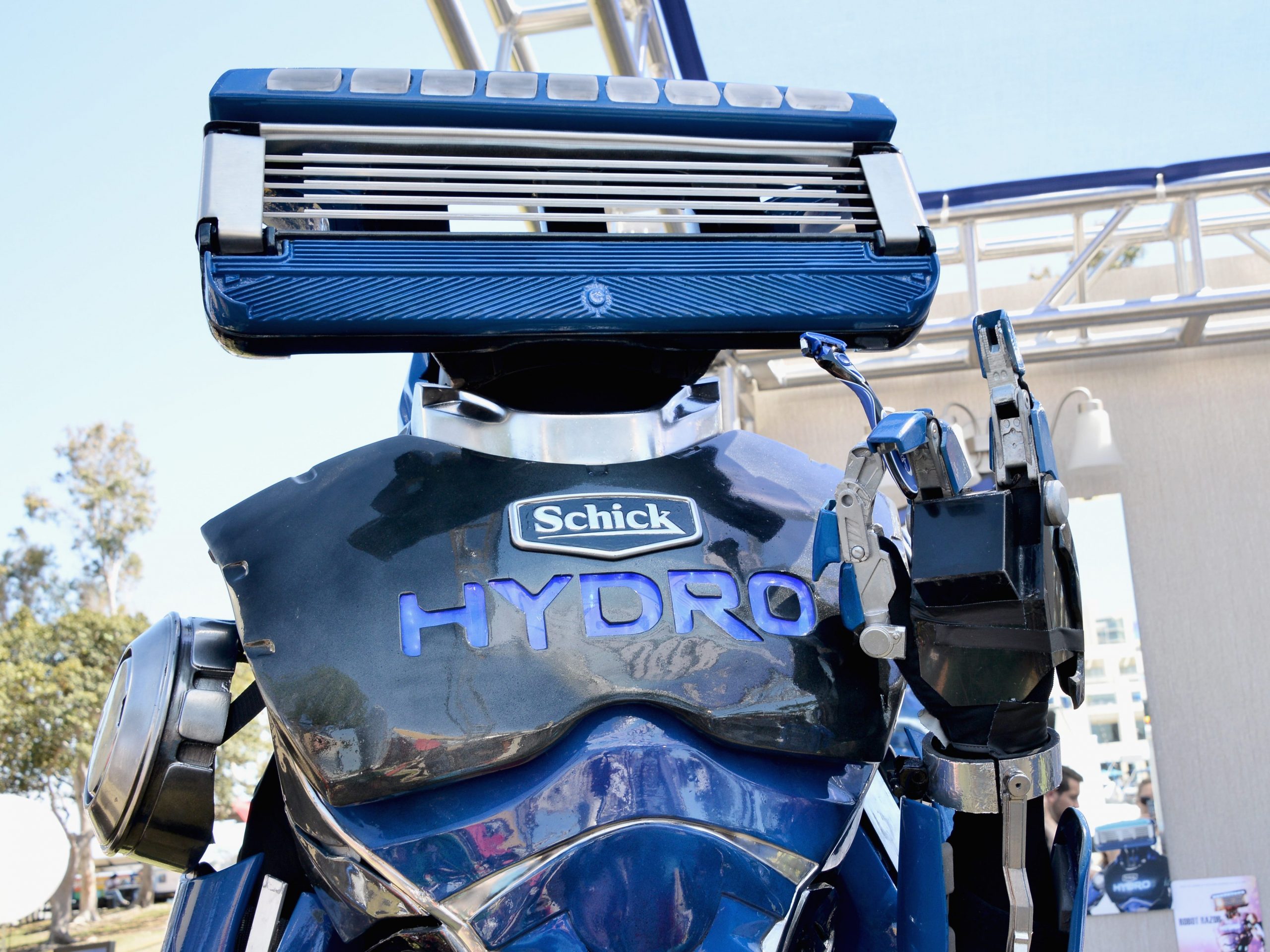Welcome to another edition of Insider Retail.
This week, the biggest retail news/business news/just plain news-news has to be Jeff Bezos stepping down as CEO of Amazon. Our colleagues on the tech desk profiled his successor, Andy Jassy, just days before the announcement. Are they prophetic,? Who’s to say.
On the retail team, we’re keeping our eye on what Jassy, the head of Amazon Web Services, will bring to Amazon’s retail endeavors. And by “endeavors” we mean huge, industry-shaping projects like Amazon Go, Whole Foods, and the purchasing of anything and everything online.
But for now, we’ve highlighted two of our favorite non-Amazon stories this week. We took a look at how razor makers are begrudgingly embracing the pandemic beard. And we profiled the latest player in the anti-DoorDash cottage industry.
Was this email forwarded to you? Subscribe here to get me, Gloria Dawson, editor of the retail desk, and my colleague Danni Santana in your inbox.
As the shaving wars heat up, Schick and Gillette are catering to pandemic beards and competing with men's skincare startups

Underneath those facemasks, more men are sporting pandemic beards and mustaches. What's a razor company to do? Schick and Gillette, the top razor makers in the US, are finally thinking beyond the blade and adding products like skincare, shave balms, and a stubble eraser.
But there's a ton of competition from upstarts, our Senior Reporter Alex Bitter finds. Plenty of direct-to-consumer companies have been delivering niche shaving and facial hair care products for years. Big razor brands are now scrambling.
More from the front lines of the shaving wars:
- Schick Hydro's relaunch shifts the second-largest razor brand from shaving to grooming, as men's skincare has 'dramatically' changed, CEO says
- Edgewell, maker of Schick, also makes feminine products. These products (surprise!) are also facing competition from DTCs. Here's how the CEO is tackling that.
- Razor maker Harry's CEO explains why it's on the acquisition hunt and getting into cat food after its hopes of being acquired by Schick's parent company fell through
- How P&G is transforming its grooming business to compete with Harry's and rival Unilever's Dollar Shave Club
After bringing 3,000 brick-and-mortar florists online, BloomNation just raised $11 million to give pizzerias and liquor stores the power to bypass DoorDash

Tensions between restaurant owners and third-party delivery partners are at an all-time high. During the pandemic, restaurants have had to rely more on these companies and have had to pay as much as 30% in fees to use them. But a cottage industry has popped up to help restaurants fight back against the DoorDash, Grubhub, and Uber Eats of the world. BloomNation has now entered the ring.
Wait, the guys who built a marketplace for florists? Yup. Here's how they explain the move:
"We realized during this whole pandemic that these small businesses outside of floral also need this help, and they've traditionally not had the resources to do that."
Meet other players in the alternative-to-DoorDash space:
- Food tech startup Lunchbox, backed by $20 million in VC funding, has launched two anti-Grubhub ordering sites for restaurants
- Looking to outclass DoorDash and Grubhub, food tech startup Crave Hospitality is combining fine-dining chefs and waiters with ghost kitchens
- As delivery exploded during the pandemic, these 5 startups offered restaurants alternatives to DoorDash, Uber Eats, and Grubhub, and their hefty fees
Elsewhere in retail:
- 7 fitness industry deals and big trends experts are predicting this year
- Leaked documents reveal McDonald's is finally working to fix its faulty soft-serve machines
- Walgreens' new CEO Roz Brewer rose to become the only Black woman running a Fortune 500. Now she faces her toughest challenge yet: helming the struggling pharmacy retailer's vaccine distribution.
- Independent restaurants banded together to survive the pandemic. Now they've teamed up with Cointreau for a Super Bowl ad to raise relief awareness.
- Impossible Foods is on a quest to undercut the price of meat. Here's how they're using direct sales data.
- Executives at Marriott, Hilton, and Hyatt say business travelers are crucial to their survival. Here's what they're doing to bring them back to hotels.